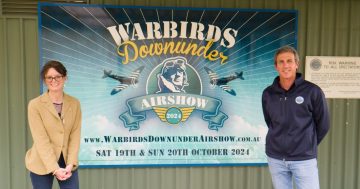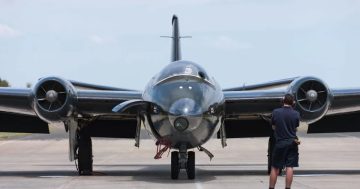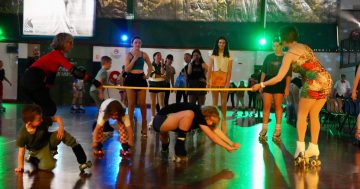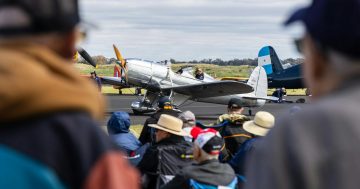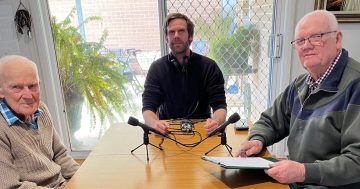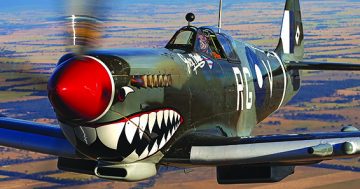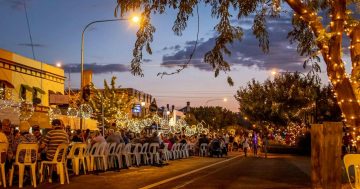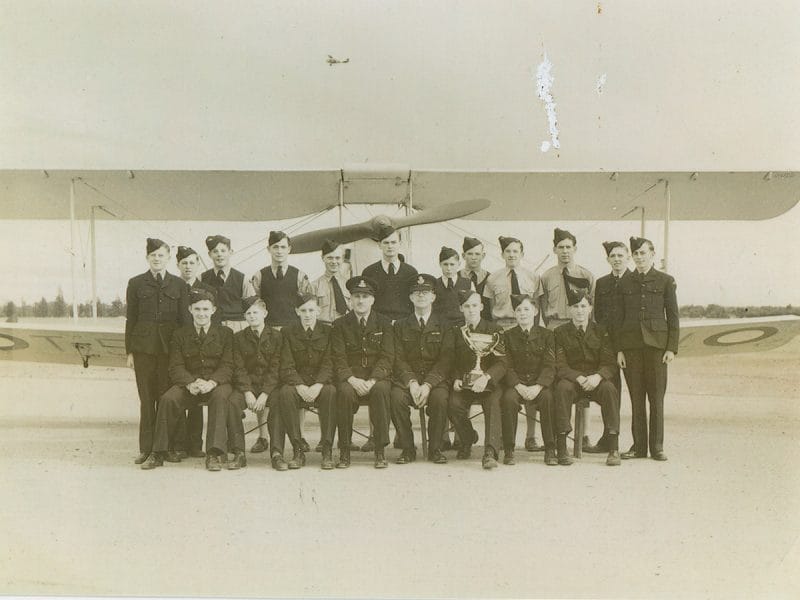
Temora Aviation Museum holds the largest collection of audio-visual oral histories in Australia. Photo: Temora Aviation Museum.
Temora Aviation Museum’s Unsung Heroes project began 18 years ago to honour and record the stories of men and women who served in the Australian Defence Force from the Second World War to the present day – now it’s accessible across the globe.
Temora Aviation Museum deputy CEO Peter Harper said the organisation was focused on airshows when the museum was first established.
“People are amazed we’re still flying an aircraft that served the country during World War II, and that’s the wow factor,” Mr Harper said “But there was a link missing, and the missing piece was around those veterans who flew the aircraft or veterans who maintained the aircraft.
“It’s the human story … those aircraft wouldn’t operate without the men and women who maintained them, built them and flew them.”
Mr Harper said those stories served as a catalyst to establish the Unsung Heroes Project.
“We embarked on quite a heavy program, initially capturing the veterans’ stories because they all had a story to tell,” he said.
“So many veterans would come through the doors, whether it be on a static day or a flying day, and they would see an aircraft they actually flew, maintained or built, and it just brought back so many emotions and memories.
“Most of them were good, but we were also conscious of the tough memories.”
Mr Harper said it was “fantastic” the people involved in the museum back then saw the missing piece and bridged that gap.
The Aviation Museum commissioned a videographer to capture the veterans’ stories and, over the years, has recorded more than 600.
It turned hour-long raw interviews into three to four minute snippets to give people an insight into the stories behind an aircraft.
Mr Harper said the museum was pleased to have captured the stories of World War II veterans over the past 20 years before many of them passed away.
“It was great we preserved the history,” he said. “(But) … to be honest, up until only a couple of years ago, they were sitting on a hard drive here at the museum, not really accessible to anyone.”
As part of phase two of the project, the Aviation Museum has released the interviews to the world through the project’s website.
“You can search anyone’s name, aircraft or a conflict through the database,” Mr Harper said.
“It is truly pleasing for us that we could unlock all the interviews we’ve been collecting for over 18 years.
“We’re continually finding new ways to add and build on the database because once the stories are gone, they’re gone.”
The Aviation Museum is now also collecting stories from family members of veterans who want to help preserve history.
The deputy CEO said the museum’s vision was to continue the Unsung Heroes Project and for it to be “continually added to with new stories of new veterans”.
The Temora Aviation Museum is actively trying to find ways to partner with other organisations to ensure the database of veteran interviews continues to expand.
In 2022 RAAF History and Heritage, attached to the Airforce, shared another 200 oral histories with the Aviation Museum.
Mr Harper said by partnering with RAAF History and Heritage, the Aviation Museum had bolstered the database.
“They didn’t have a platform to share the oral histories, and we do.”
Mr Harper said the project had been well received.
“We’ve had several occasions where family members have found the interview of a grandfather, great uncle, or someone, that they didn’t know existed.
“They’ve sent us feedback saying, ‘thank you so much for capturing that interview because I’ve heard and learned things about my grandfather that I didn’t know’.
“We find veterans will open up and tell stories about things that have happened back in the day and never told any family members … they kept it bottled up all those years. ”
Click here to learn more about the Unsung Heroes Project or to add to the database.







